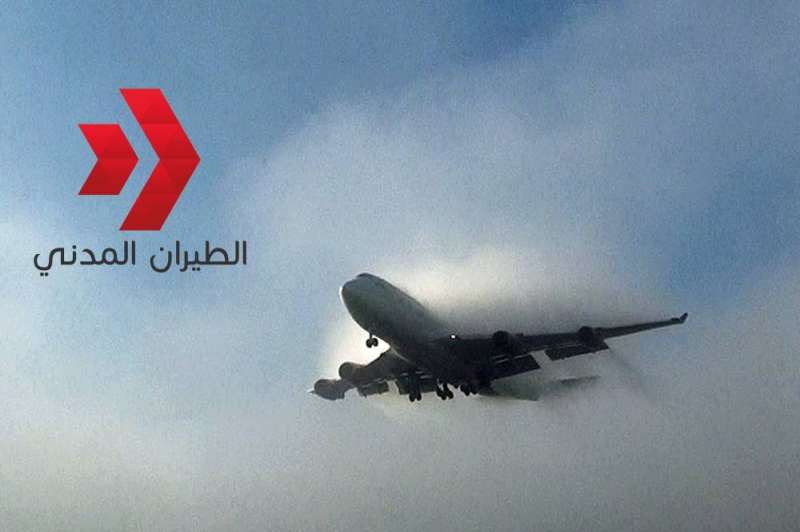The General Administration of Civil Aviation in Kuwait has reported that air traffic in the country has been significantly affected by adverse weather conditions, specifically low visibility of less than 200 meters. As a result, approximately 17 flights scheduled to arrive in Kuwait had to be diverted to airports in Bahrain, Dammam, and Basra, according to a report by Al-Rai Daily.
The poor weather conditions have caused around 20 departures from Kuwait International Airport to be delayed. The low visibility created a challenging operating environment for airlines and pilots, ultimately leading to the diversion and delay of flights in order to prioritize passenger safety.
In such situations, the General Administration of Civil Aviation works closely with airline operators and airports to effectively manage the situation and minimize inconvenience to travelers. Measures are being taken to ensure that passengers are appropriately informed about the diversions and delays, and alternative arrangements are being made to facilitate their onward travel.
Adverse weather conditions can pose significant challenges to the aviation industry, impacting flight schedules and causing disruptions for passengers. In this case, the low visibility in Kuwait has necessitated the diversion of flights to nearby airports where conditions are more favorable for landing and takeoff.
When faced with low visibility, pilots rely heavily on their instruments and air traffic control guidance to ensure a safe and accurate approach to the runway. However, when visibility drops below a certain threshold, it becomes unsafe for aircraft to land or take off. In such instances, diversions are necessary to ensure the well-being of passengers and crew.
The General Administration of Civil Aviation’s collaboration with airline operators and airports is crucial in managing these situations effectively. By working together, they can ensure that passengers are provided with timely and accurate information about diversions and delays, allowing them to make informed decisions and adjust their travel plans accordingly.
Passenger safety is always the top priority in the aviation industry, and the General Administration of Civil Aviation in Kuwait is committed to ensuring that appropriate measures are in place to address adverse weather conditions. By closely monitoring weather forecasts and coordinating with relevant stakeholders, they can proactively manage any potential disruptions and minimize inconvenience for travelers.
In conclusion, adverse weather conditions, such as low visibility, can significantly impact air traffic in Kuwait. The General Administration of Civil Aviation, in collaboration with airline operators and airports, is actively working to manage these challenges and ensure passenger safety. By keeping passengers informed and making alternative arrangements when necessary, they strive to minimize inconvenience and facilitate smooth onward travel for all passengers.







